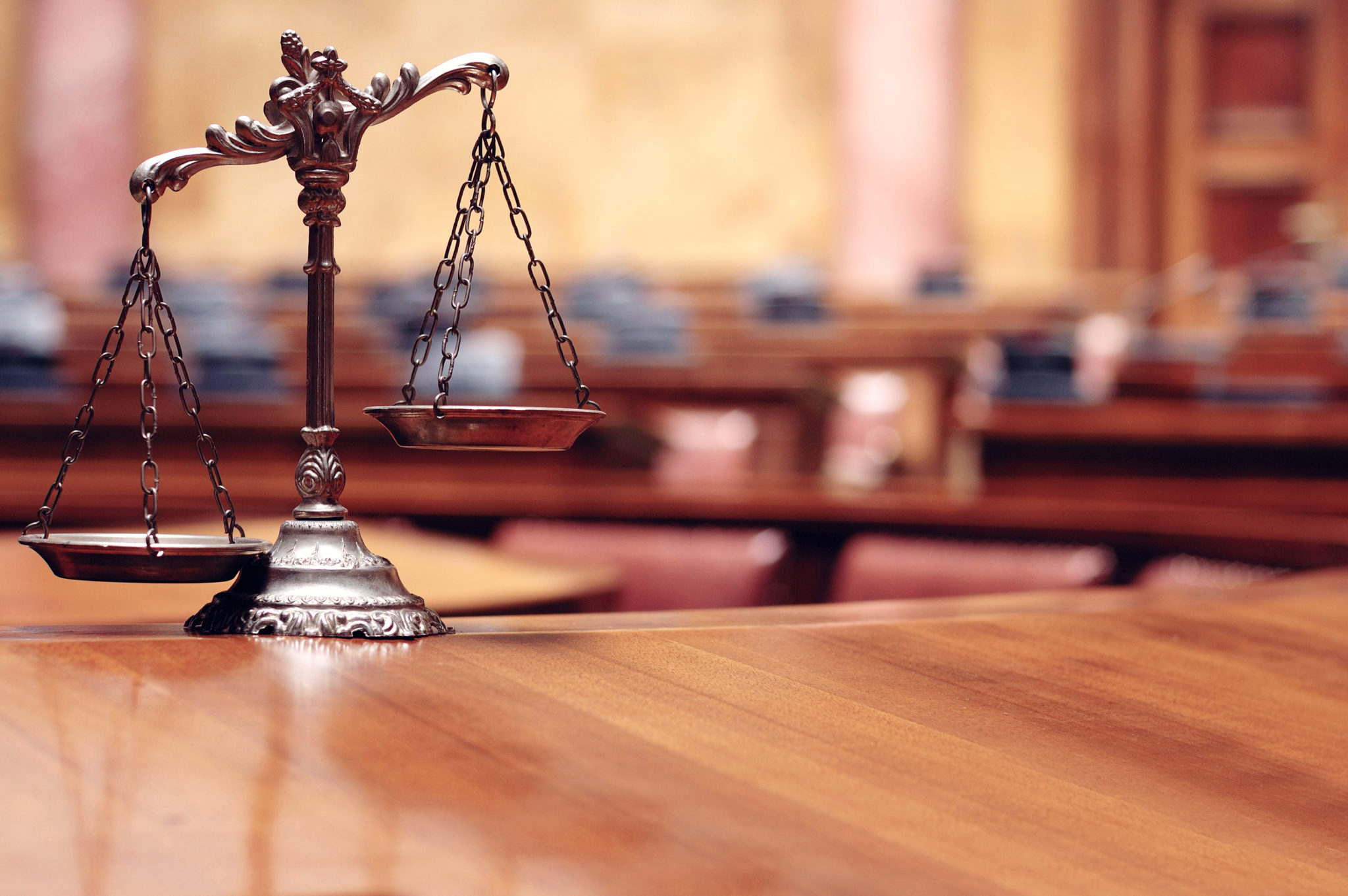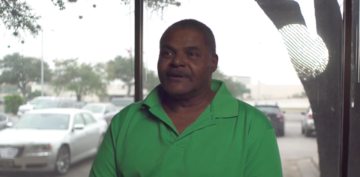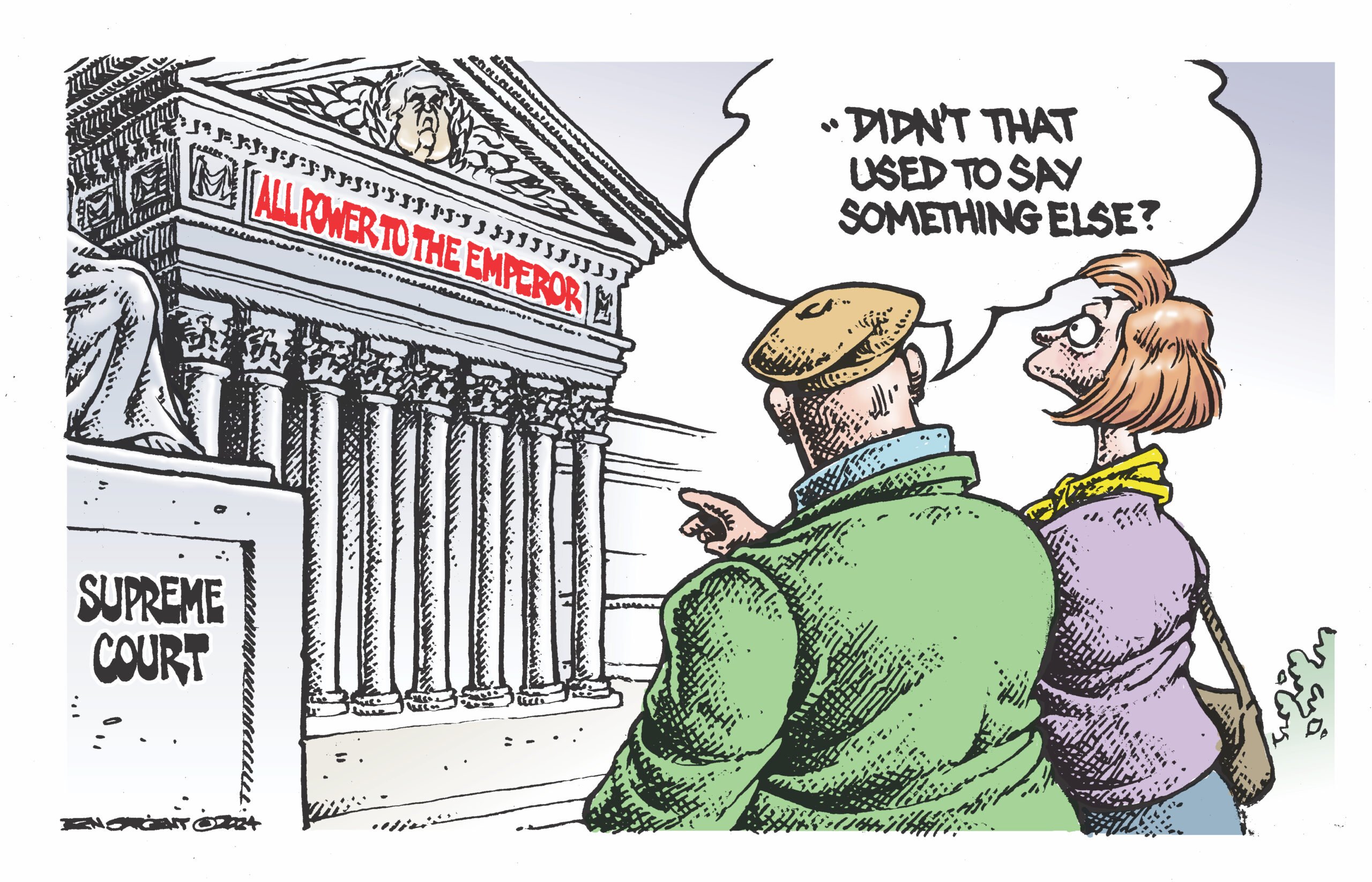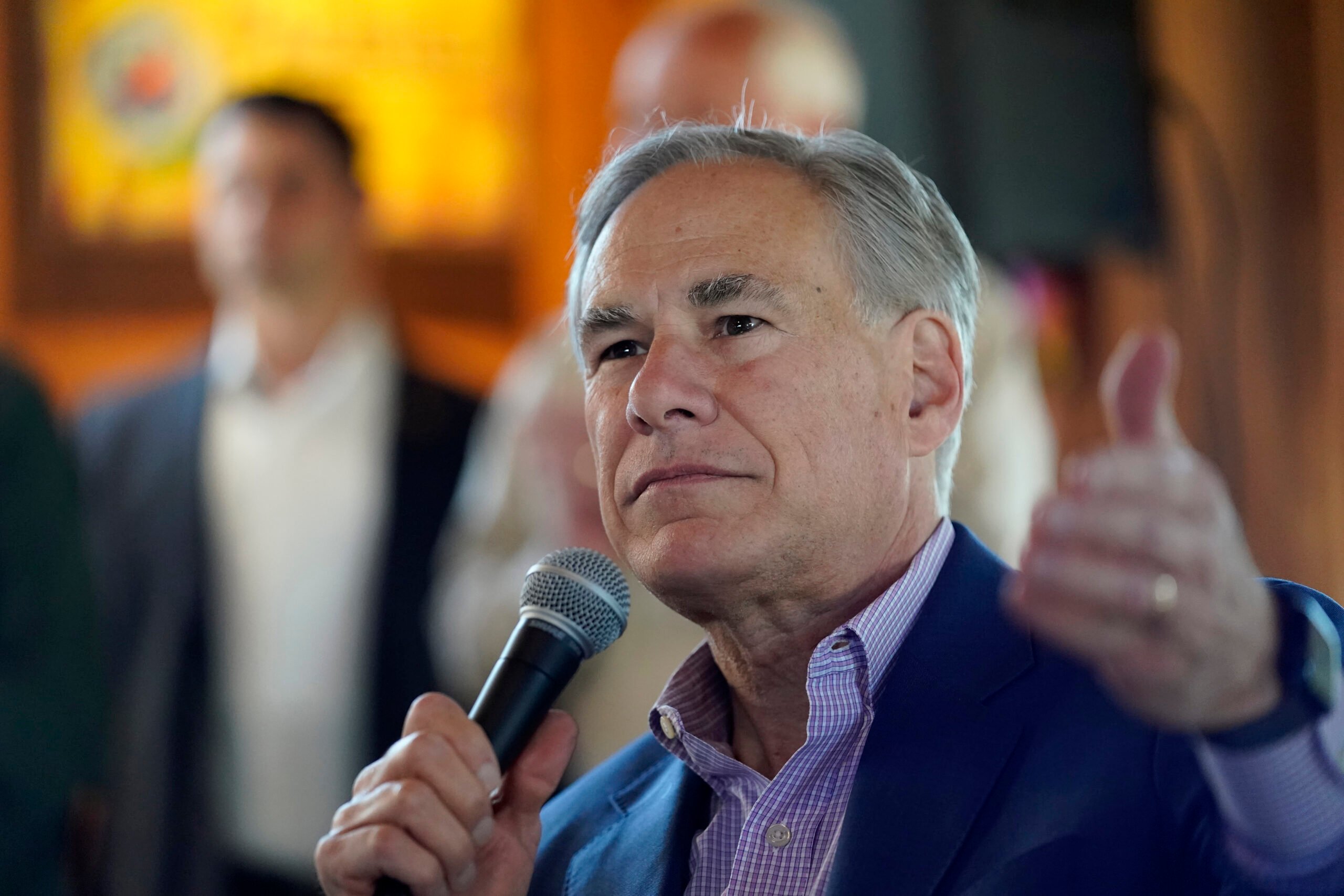
Texas Legislature Considers Bills to Break the Cycle of Debtor’s Prison
“It turns out that when you give someone reasonable financial demands, they actually try to meet the commitment instead of ignoring it as unpayable.”

The vicious cycle started in 2013, when a law enforcement officer in Bell County pulled over Anthony Lofton, now 62, for a faulty tail light. The officer found that Lofton was driving with a suspended license and had no car insurance. The charges landed him in jail, and he subsequently lost his job as a cemetery groundskeeper in Temple, where he made $9.50 an hour.
Over the next four years, Lofton says, fines from the minor driving violations grew to $6,000, and without the ability to pay, he lost his driver’s license under the state’s Driver Responsibility Program and was jailed three more times over the unpaid fines. He was able to hold down a construction job for a few years, but it became harder for him to work after he suffered a heart attack in 2016.

In 2017, Lofton attended a driver’s license recovery clinic in Austin co-hosted by the Texas Fair Defense Project. He reclaimed his license with the nonprofit’s help and secured his current job as an auto parts delivery driver — but not before his third arrest for unpaid fines in Bell County. In total, Lofton says, he spent more than 60 days behind bars.
Lofton’s perception of the legal system, he told the Observer, was that nobody cared. “You did this to yourself, and there is no way out,” he recalls telling himself. “Come up with some money, or you’re stuck.”
On Monday, House committees considered two bills that would ease the burden for millions of Texans like Lofton who’ve fallen into a cycle of debt and stints in jail due to unpaid fines. House Bill 1021, filed by state Representative Joe Moody, D-El Paso, would bar courts from imposing court costs or other administrative or filing fees on defendants at or below 125 percent of the federal poverty level. House Bill 465, filed by state Representative James White, R-Hillister, would give judges discretion to reduce or waive fines and fees for defendants who are unable to pay.
These bills would build on legislation passed in 2017 and case law establishing that courts cannot charge indigent people court costs or filing fees and that those fees, unlike fines, are not meant to be punitive. Laws passed last session required courts in Texas to consider alternative sentences for indigent defendants if a judgment imposes an “undue hardship.” But the measure applied only to the small fraction of defendants who plead in open court, ignoring the 90 percent who take plea deals. That number goes up for poor defendants jailed in pretrial detention, who represent about 75 percent of the population in local Texas jails and often maintain innocence while pleading guilty because it’s their only way out.
Ballooning debts and jail sentences for unpaid fines “would never happen to a wealthier individual,” Mary Mergler, director of Texas Appleseed’s Criminal Justice Project, told the House Committee on Criminal Jurisprudence on Monday. “There are issues that persist that require the Legislature’s attention still in order to ensure that people are not being punished simply because they don’t have enough money.”
There are some signs of progress: Arrest warrants for class C misdemeanors dropped by 30 percent from 2016 to 2018. Since 2017, warrants for failure to appear in court are down 20 percent, and community service sentences are up 20 percent. But there’s more work to do, Mergler said. In cases where jail time is not issued, only 1 to 2 percent are resolved through community service rather than fines, and fines were waived in fewer than 1 percent of all cases.
“That kind of approach not only ignores our Constitution, it’s a threat to throw people in jail for being poor.”
In laying out his bill to the House Committee on Judiciary and Civil Jurisprudence, Moody, a former El Paso prosecutor, said courts continue charging the poorest offenders because they can. “As one Central Texas judge told my office, ‘If you just impose the costs and someone thinks they’ll go to jail if they don’t pay, a lot of the time cousins and friends come out of the woodwork to put the money together,’” Moody said. “That kind of approach not only ignores our Constitution, it’s a threat to throw people in jail for being poor.”
While Moody’s bill is restricted to limiting court costs and does not touch punitive fines, HB 465 is more expansive. It broadens the definition of “undue hardship” to include child care responsibilities, transportation limitations, housing insecurity and disability status. HB 465 would also ensure that someone who goes to court to pay a ticket will not be arrested on the spot for the outstanding fine.
No one testified in opposition to either bill in Monday’s hearings, but state Representative Matt Krause, R-Fort Worth, raised objections to HB 1021. He wondered whether such legislation would mean poor people are not penalized as severely as wealthier people, and he said he’s heard concerns that the bill would encourage “spurious claims” of indigence to avoid court costs and drive up offenses that would “fill up our courthouses.”
Moody stressed that even with last session’s reforms, revenues from court fines and fees across the state have grown by 13 percent since 2017, according to the state Office of Court Administration. “It turns out that when you give someone reasonable financial demands, they actually try to meet the commitment instead of ignoring it as unpayable,” Moody said. “And courts are also able to focus on collections that can actually be collected.”
Both bills were left pending on Monday.


